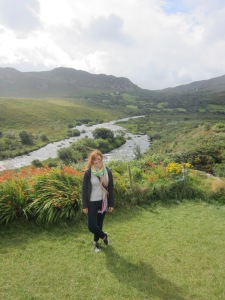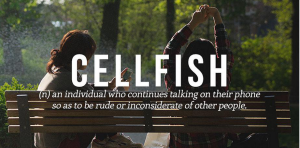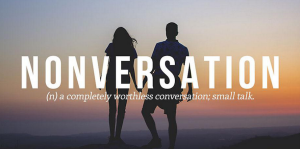The learning process…and the process of “fossilization”
There are many theories on how we learn language, therefore there are many methods on how to teach. Students are different and for adults what is even more different are their life circumstances and schedules. We can’t always have the “ideal” situation for learning by moving to London or Washington DC, and what is “ideal” anyway? The practicalities of life play a big part in language acquisition, and this is simply a reality.
English is a unique case as it’s spoken in many more countries than just the UK, the US, Australia, Ireland etc. It’s the “common language” among people in an international environment and for traveling. English is also unique because we have regular exposure to it, and it dominates the entertainment industry. This is how so many people learn on their own by immersing themselves into TV series, podcasts or music.
Although it’s wonderful to have the ability to learn on your own, it presents some challenges and limitations as well.
- Many times there are “holes” or “gaps” in a student’s knowledge – things that weren’t learned well from the start, therefore leaving a ‘hole’ or ‘emptiness’ in the flow of knowledge.
- We naturally have “interference” from our first language onto a second, so we “transfer” things from our mother tongues onto English.
Both common sources of mistakes – holes and interference – lead to “fossilization”, which occurs when a mistake is repeated enough times without correction that it becomes a habit. The mistakes technically harden in your brain leaving an imprint, like a fossil.

… but rest assured, there is no challenge too difficult to overcome.
Fossilized mistakes are possible to correct. It just takes work and more than that, it takes greater awareness, which is the first step to any change. Meditation techniques teach that “what you feed will grow.” In other words, what thoughts and beliefs you constantly reinforce by repeating them will grow stronger in your mind. The process is the same regarding language, including how we talk to ourselves as we learn, how we react if and when a mistake occurs and those darn “fossilized mistakes” themselves. The more we repeat them, the more they take root.
This leads me to the four general steps in the learning process:
- A student makes mistakes and gets correction from a teacher. There is no limit to how long this process might take and it’s a more passive process for the student.
- Eventually the student starts to “self-correct” and this is when you know language acquisition is shifting from passive to active. Self-correction is possible due to greater awareness, which is the first step to any change.
- The mistake is made once in a while, always self-corrected when noticed.
- Eventually the mistake disappears. The hardened fossil has been broken open and thus dissolved.
This matters anywhere you learn another language, but since there are around 184 nationalities living in Brussels and around 104 languages present, this makes “interference” widespread and there are few native speakers to learn from as you would in London or Washington DC. If everyone is influenced by their first language, then interference comes in many forms in Brussels. Some people call the English spoken in international communities such as this “Globish”, “Eurish”, “Euro-English” or simply “International English.”
Some observations and tips for language learning based on my teaching experience:
- Frequency is more important than duration of time in order to retain and memorize information. For example, it’s better to learn a language in small increments of time (30 minutes a day) instead of a two hour class all at once.
- For improving comprehension it’s better to stay with one general accent and get used to the sounds, tones and expressions before moving on to another. Some students think it’s best to change their teacher and hear different accents all the time, but it actually works in the opposite effect as your ear never adapts fully to one. This is to focus your comprehension and limit the amount of information you receive at once.
- When you aren’t focused and can’t concentrate, it’s best to take a short walk, try to meditate or find whatever means you can to relax before learning begins. Being relaxed and calm is more important than knowledge or skills, because when we aren’t relaxed, it blocks us from speaking at our full potential and therefore the knowledge we have matters less.
Since language is best learned with more frequency than of duration of time…since greater awareness is needed to make a change… and since “fossilization” is real and occurs when students don’t get corrective feedback, targeted conversation is the way.
Remembering what meditation reveals: “What you feed will grow.”
If conversation isn’t guided and if there isn’t someone available to point out “interference” or “fossilized mistakes”, then we continue to feed these errors and find ourselves in a vicious cycle of habit. Fossilized mistakes are just that – they’ve happened enough where they are now habit. By being more “mindful” of your learning, by targeting problem areas, and by being in a calm environment to do so, you can learn to break the habit of “fossilization” and then be in a better position to continue learning on your own!



























